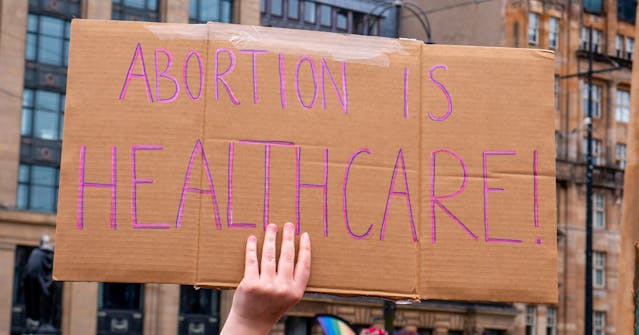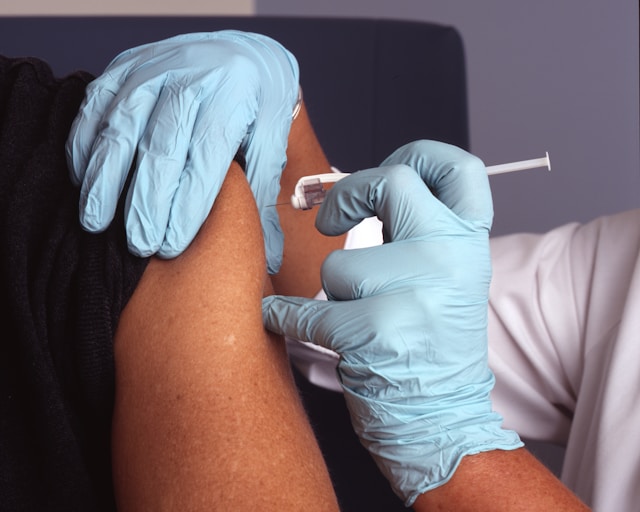
America’s Health Insurance Plans (AHIP) Policy Recommendations
As the federal-state program providing access to essential health care to over 77 million low-income adults, children, pregnant women, elderly adults, and people with disabilities, Medicaid has a unique opportunity to address the social risk factors that disproportionately impact these vulnerable populations. Caused by the socioeconomic conditions in which we live, learn, work, and play, these socioeconomic barriers or “social determinants of health” include inadequate access to nutritious food, lack of affordable housing, lack of convenient and efficient transportation options, limited opportunities for quality education and meaningful employment, limited broadband access, and more (Read the full report here).








